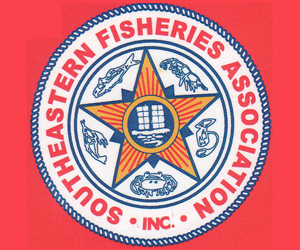December 6, 2017 — SEAFOOD NEWS — Florida fishermen are fighting an emergency ruling that would impose a 40% reduction in allowable golden tilefish harvests in 2018.
On November 29 the Southeastern Fisheries Association’s East Coast Fisheries Section (SFA-ECFS) filed the suit, which alleges that the National Marine Fisheries Service (NMFS) “committed procedural and substantive violations of federal fisheries and administrative law.” The organization claims that NMFS used “flawed scientific methods” in their 2016 golden tilefish assessment.
“This was supposed to be a simple update – adding new data to the stock assessment model that was thoroughly vetted and peer-reviewed,” SFA-ECFS fisheries consultant Russell Hudson said in a press release. “Instead, NMFS made major model changes behind closed doors without required scientific, industry expert and public oversight required when such changes occur.”
NMFS’ 2016 golden tilefish assessment found overfishing. However, Hudson added that overfishing was not discovered using the original SEDAR 25 peer-reviewed model. The golden tilefish assessment for 2017, which was conducted in October, used “new ‘best’ methodology identified by NMFS.” SFA-ACFS says that the assessment “failed to produce any scientifically useful results.”
The government has 45 days to answer or seek dismissal.
This story originally appeared on Seafoodnews.com, a subscription site. It is reprinted with permission.


